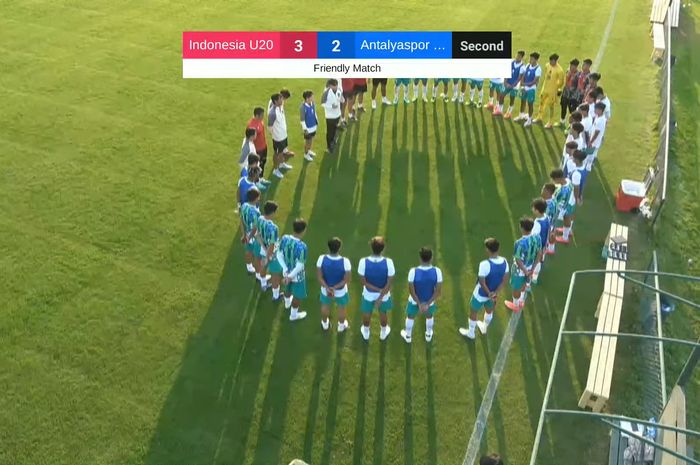Finally it seems that the unknown is starting to clear up. According to the large and varied group of reporters accompanying the President on his Euro-Asian tour and the clues provided yesterday by the Minister of Labour, the government’s decision tended towards a end of year bonus to registered workers above the flat-rate increase.
It will finally materialize, how the domestic sectors will react that have supported the increase, are unknowns that add up and have no answer yet, which adds further speculation on the speech that the incumbent vice president of the presidency will give next Thursday.
Argentina is known for being in an unprecedented and also amazing scenario. The economy has grown continuously since the end of the Covid pandemic at an average of around 5 percent a year, unemployment fell to 6.9 percent in the second quarter of this year, indicators that reflect economic activity and with an activity rate close to 48%, close to historical numbers and industrial capacity utilization close to 70%, with very high productivity rates on wages, but… with wages that fail to recover and lose product share of the economy month after month and that by looks like they will get only a circumstantial patch.
The extraordinary bonus, which still has no data or scope and, if anything, we reiterate that it is just a loud rumor, does not seem to be the key to answering the big question whether, in this scenario of economic growth in a context of very high inflation, it is It is possible to support job creation but at the same time recover wages and improve the distribution of the economic pie, i.e. the repeated question of how it is distributed or who is the one carrying that growth in their portfolio.
INDEC data in the Income Generation and Labor Input Account report Jobs grew by 7.7% compared to the second quarter of 2021. Employees increased by 8.5% and non-employees by 5.5%.
The report of INDIC In turn, it divides wage earners into registered and non-registered employees, the former representing 67% of the total with year-on-year growth of 3.5%. However, a very worrying fact of the increase in employment is that for INDEC lIrregular wage earners grew by 20.2% and it is the subgroup that is growing the most. But if something was missing to make the red lights shine even brighter, the second growing subgroup is that of the self-employed, which grew by more than 5 points year-on-year.
In summary, Of the 1.5 million jobs created in one year, 364,000 are registered employees, 907,000 are unregistered and 230,000 are non-employees. More than a million jobs created (nearly 75%) do not fall within the legal framework from Argentina for work.
An old policy maxim ensures that when unemployment is low and jobs are created at the level they were created in Argentina, recovering pre-pandemic levels and even 2015 values in some sectors, the bargaining power of wages is significantly improved. the part of the workers, however this maxim does not seem to apply in these times, at least seeing how the Gross Added Value of the economy is distributed, which we have already outlined in these spaces.
According to INDEC in the same report, until June of this year, the labor sectors had access to 44.4% of the pie of the economy, while capital (as we have already counted) remained at 45%. This distribution in the first quarter of 2016 was respectively 51.3% and 39.7%.
In these numbers there is the answer on which sector is capturing the income generated by the economy with its growth and it is what lays the foundations for the discussion whether bonus or increase.
The president of CAME, Alfredo González, during his visit to Mendoza on Friday, was clear when he spoke in favor of an increase, bonus or otherwise. When asked if SMEs or businesses were able to pay for it, I didn’t hesitate to say that what they need is for consumption to keep their businesses and businesses and for there to be consumption and the internal market, the workers must have pocket money.
There are already the Right Prices as proof of a vaccine against the inflationary process that will be seen in a few days if it will be successful or not, now it’s the turn of the challenge to recover income for workers, which is the way in which vitality is guaranteed of the internal market and the economy of a nation.



